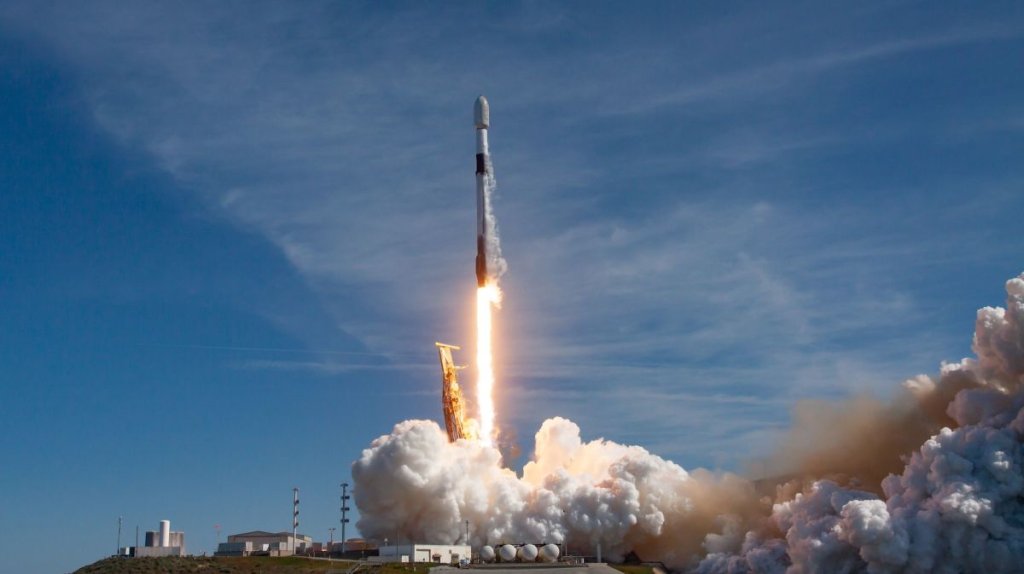A SpaceX Falcon 9 rocket will launch on its record-tying 16th mission Saturday night (July 15), and you can watch the action live.
A Falcon 9 topped with 54 of SpaceX’s Starlink internet satellites is scheduled to lift off from Cape Canaveral Space Force Station in Florida on Saturday at 11:50 p.m. EDT (0350 GMT on July 16). SpaceX attempted to launch the mission early Friday, but had to abort at the last minute, the company said in a live webcast.
You can watch it here at Space.com, courtesy of SpaceX, or directly via the company. Coverage is expected to start about five minutes before launch.
Related: SpaceX’s Starlink satellite megaconstellation launches in photos
If all goes according to plan, the Falcon 9’s first stage will come back to Earth for a vertical touchdown about 8.5 minutes after launch on the SpaceX droneship A Shortfall of Gravitas.
It will be the 16th launch and landing for this booster, according to a SpaceX mission description. That will tie a record set just last Sunday (July 9) by a different Falcon 9 first stage flying another Starlink mission.
The Falcon 9’s upper stage, which is not reusable, will continue hauling the 54 Starlink satellites to low Earth orbit, ultimately deploying them about 66 minutes after liftoff.
The Starlink launch is part of a busy few days in spaceflight. On Friday morning (July 14), for example, India launched its robotic Chandrayaan 3 mission, which aims to pull off the country’s first-ever soft landing on the moon next month.
And on Sunday evening (July 16), a Rocket Lab Electron launcher will send seven small satellites skyward from the company’s New Zealand site. Rocket Lab is working to make the Electron’s first stage reusable, and Sunday’s mission, called “Baby Come Back,” includes a planned recovery of the booster from the Pacific Ocean.
Editor’s note: This story was updated at 6:10 p.m. ET on July 14 with the new launch time of 11:50 p.m. ET on July 15.

